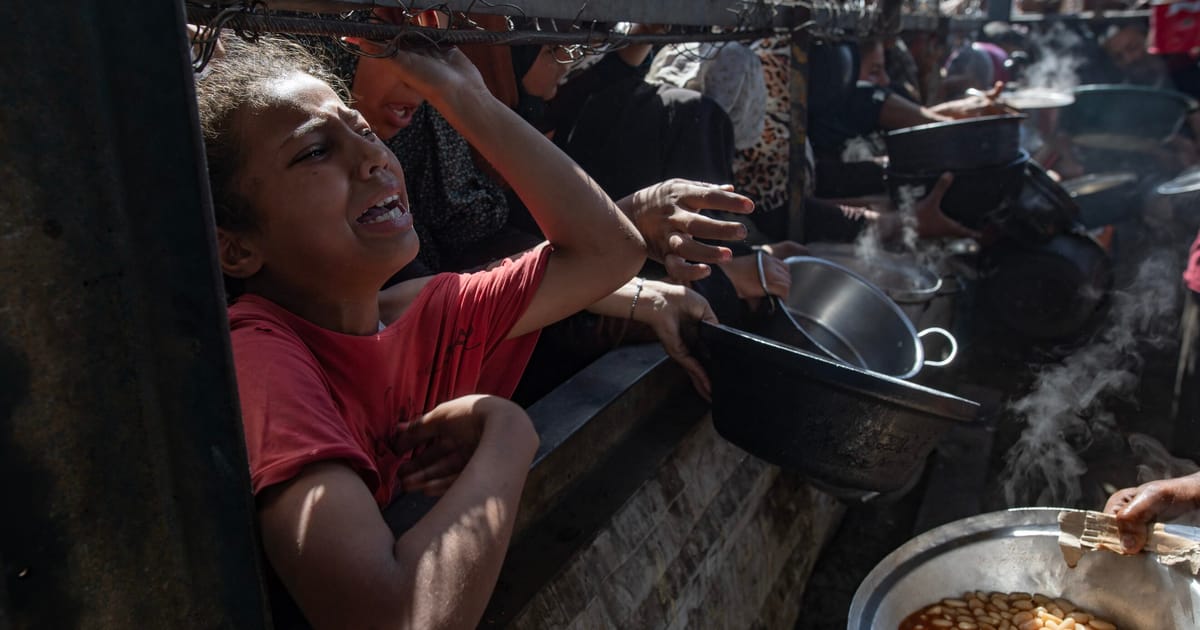

In a period marked by significant global tension, a moment of respite was announced as the Israel Defense Forces declared a “tactical pause” in military activities near key humanitarian aid sites in Gaza. This decision comes in the wake of escalating concerns over severe starvation and mounting fatalities in the region. The tactical pause aims to create a safer environment for the distribution of critical aid to those in desperate need, as the situation continues to demand urgent attention.
This development is part of a broader international effort to address the humanitarian crisis in Gaza. The United Kingdom has actively taken steps to contribute to this aid initiative, as articulated by U.K. Prime Minister Keir Starmer. In a recent statement, the Prime Minister outlined the UK’s involvement, indicating the nation’s collaborative work with Jordanian authorities to expedite the delivery of British aid packages through air transport into the beleaguered area. These efforts underscore a shared global responsibility to alleviate the suffering and prevent further deterioration of conditions on the ground.
Despite these earnest steps, challenges remain. The situation in Gaza remains precarious, as noted by Philippe Lazzarini, the Commissioner-General of the United Nations Relief and Works Agency (UNRWA). He cautioned that while the commencement of airdrops represents a significant step forward, it alone cannot fully remedy the deepening food scarcity that has plagued the enclave. The urgency of providing relief to those affected is further compounded by the recent reports of violence, with at least 25 individuals losing their lives to airstrikes and gunfire in recent days. Many of these victims reportedly encountered tragic fates while anxiously awaiting the arrival of much-needed aid near the Zikim crossing.
In parallel to developments in Gaza, tensions have also been high in Southeast Asia, where diplomatic efforts are underway to resolve a conflict between Thailand and Cambodia. U.S. President Donald Trump recently engaged with the leaders of both nations, advocating for immediate ceasefire talks following a spate of deadly clashes that have claimed the lives of at least 23 people and displaced over 150,000 individuals. The President has made it clear that the U.S. will not proceed with trade negotiations with either country until hostilities are halted, highlighting the interconnected nature of diplomacy and peace-building in the region.
The dialogues between Thailand and Cambodia signal a tentative step towards peace, offering a glimmer of hope for restoring stability and reducing the humanitarian toll on affected communities. As nations come together to address these crises, the path forward lies in sustained cooperation and a commitment to peace and human welfare.
Amidst these global challenges, the collective international response illustrates a dedicated resolve to overcome adversity through collaboration. By pausing military action and engaging in dialogue, these efforts offer vital opportunities to address the immediate needs of those in crisis, while fostering conditions conducive to long-term peace and recovery. The road ahead calls for ongoing vigilance, open communication, and steadfast support from the global community, as the pursuit of peace and humanitarian assistance continues to be of paramount importance.
Source: {link}
